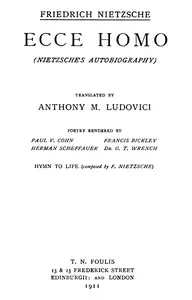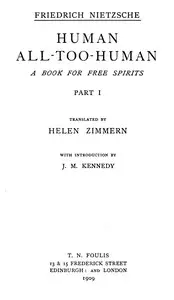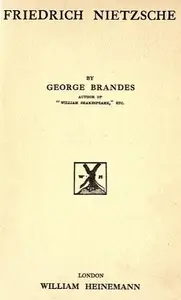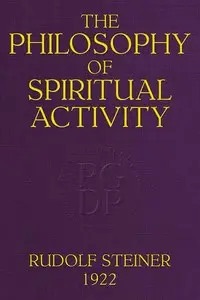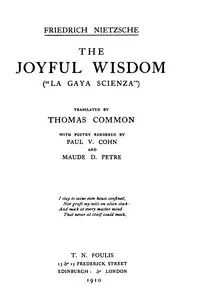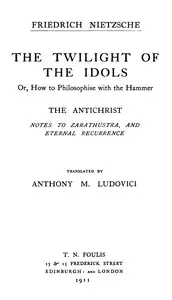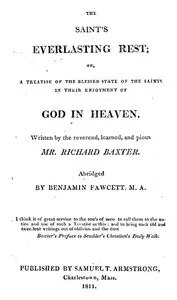"Human, All Too Human: A Book for Free Spirits" by Friedrich Wilhelm Nietzsche, is a philosophical journey that questions society's accepted rules and explores the path to becoming a truly independent thinker. Finding themselves at odds with common morality, this book is an invitation to embrace personal freedom and explore the world with fresh eyes, untethered by old-fashioned judgments. The author shares his own experiences, painting a picture of the struggles—emotional and mental—that come with breaking free, while underscoring the need for challenging experiences and introspection to unlock real self-understanding. Nietzsche introduces the concept of free spirits as people who can shape their own lives apart from conventional moral ideas and social norms.

Human, All Too Human: A Book for Free Spirits
By Friedrich Wilhelm Nietzsche
A philosopher charts a course for those daring enough to break free from traditional values and discover their own personal truth.
Summary
About the AuthorFriedrich Wilhelm Nietzsche was a German classical scholar, philosopher, and critic of culture, who became one of the most influential of all modern thinkers. He began his career as a classical philologist before turning to philosophy. He became the youngest person to hold the Chair of Classical Philology at the University of Basel in Switzerland in 1869, at the age of 24, but resigned in 1879 due to health problems that plagued him most of his life; he completed much of his core writing in the following decade. In 1889, at age 44, he suffered a collapse and afterward a complete loss of his mental faculties, with paralysis and probably vascular dementia. He lived his remaining years in the care of his mother until her death in 1897, and then with his sister Elisabeth Förster-Nietzsche. Nietzsche died in 1900, after experiencing pneumonia and multiple strokes.
Friedrich Wilhelm Nietzsche was a German classical scholar, philosopher, and critic of culture, who became one of the most influential of all modern thinkers. He began his career as a classical philologist before turning to philosophy. He became the youngest person to hold the Chair of Classical Philology at the University of Basel in Switzerland in 1869, at the age of 24, but resigned in 1879 due to health problems that plagued him most of his life; he completed much of his core writing in the following decade. In 1889, at age 44, he suffered a collapse and afterward a complete loss of his mental faculties, with paralysis and probably vascular dementia. He lived his remaining years in the care of his mother until her death in 1897, and then with his sister Elisabeth Förster-Nietzsche. Nietzsche died in 1900, after experiencing pneumonia and multiple strokes.

